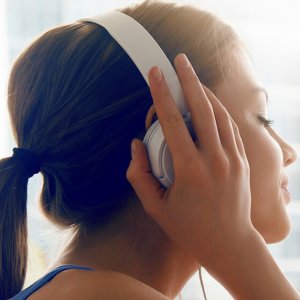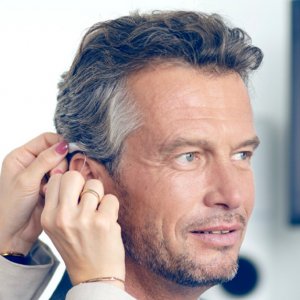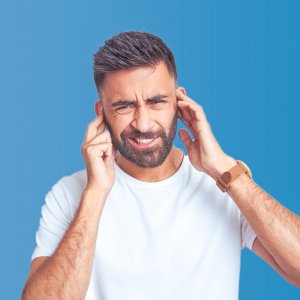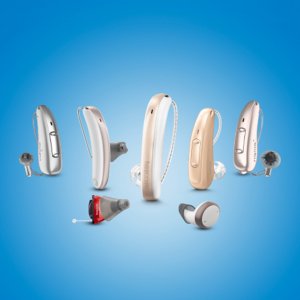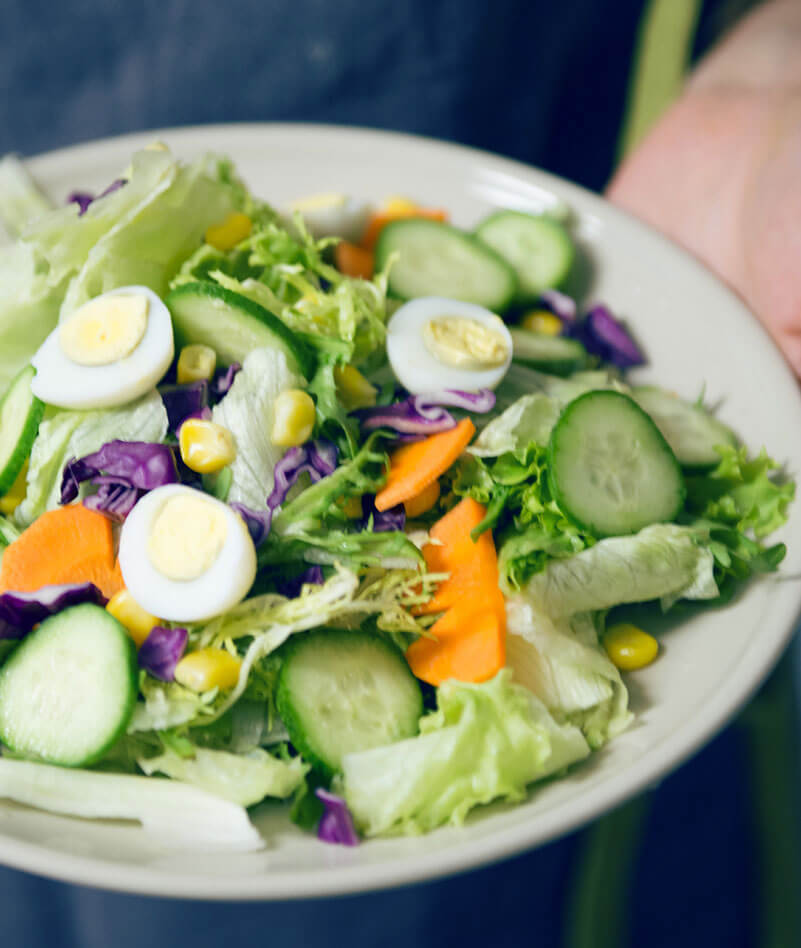
Food that’s good for the ear
Carrots are said to be good for the eyes, quark is good for the skin, but what foods can we use to do our ears good? Is it even possible to maintain hearing performance into old age through the right diet?
The ear eats with you: nutrients are necessary for all bodily processes, and so they are of course also needed for acoustic perception. The nerve cells that transport the signal from the ear to the brain must be adequately supplied to guarantee a smooth process. The real “nerve food” sadly doesn’t consist of chocolate or candy. What the sensory cells really need are vitamins, iron and omega 3 fatty acids.
Table of Contents
- You can’t hear without vitamins
- Fish is good for your ears
- Food you should avoid
You can't hear well without vitamins
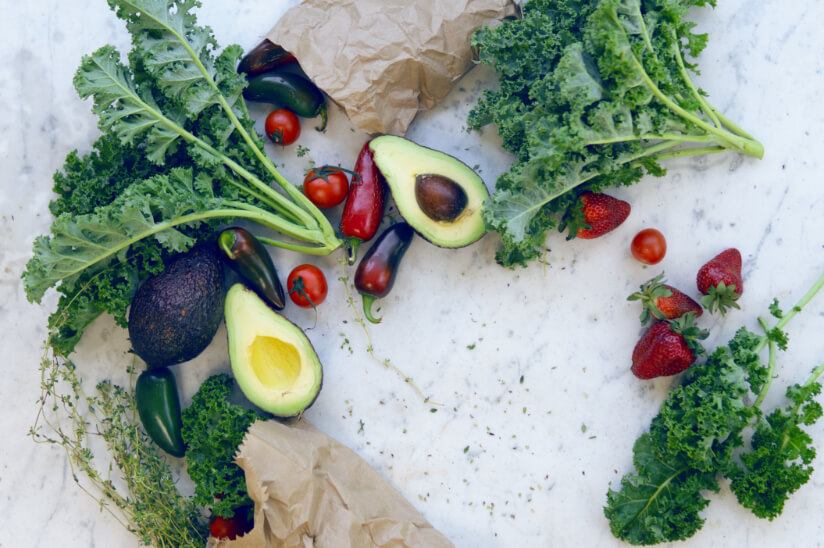
Vitamin B3 is an important vitamin for the ears. It is found mainly in meat and offal. A study by Weill Cornell Medical College and the Gladstone Institute showed that a chemical contained therein can prevent or reduce the hearing loss caused by noise. It prevents the connection between the hair cells, which receive the mechanical stimulus, and the synapses of the nerve cells from being destroyed. In this way, both temporary and permanent hearing loss can be prevented or at least mitigated. A sufficient intake of antioxidants is also important in order to reduce hearing loss in old age. These include vitamins C, E and beta-carotene, which are mainly found in citrus fruits, green vegetables such as broccoli, whole grain products and carrots.
Fish is good for the ears
Another study was able to demonstrate a connection between hearing loss and iron deficiency. This is a common cause of hearing loss in women under the age of 45 and should therefore be taken seriously. In addition to iron-rich foods such as flaxseed, wheat bran and liver, women should include fish on their diet at least twice a week. This can reduce the risk of hearing loss in old age by 20%. This effect is due to the adequate intake of omega 3 fatty acids. If the fish is now seasoned with chilli, you have the perfect meal for your ears. The capsaicin contained in the chilli strengthens the hair cells in the ear and thus provides additional protection against possible damage.
Foods You Should Avoid
Of course, there are also foods that, consumed in large quantities, have a rather negative impact on hearing performance. These include the usual suspects such as sugar, caffeine, and alcohol, as they potentially constrict the blood vessels in the inner ear, which means that an adequate supply of nutrients and oxygen can no longer be guaranteed. The possible consequences of undersupply: A perceptible functional restriction, which in the worst case can even lead to a sudden hearing loss. A healthy and balanced diet ultimately has a positive effect on your body from head to toe.


